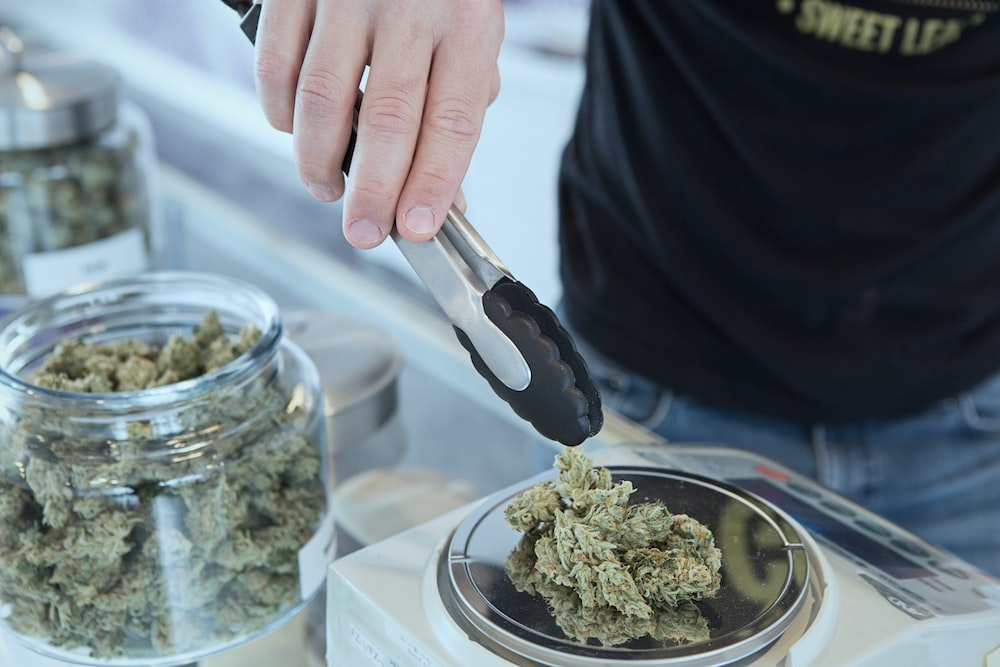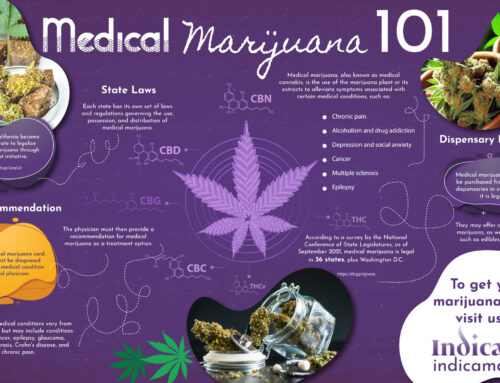Presently, 37 states have passed legislation making medicinal cannabis available to patients, and polls show that 94% of Americans support expanding access to this medication.
For millennia, people have relied on cannabis, or marijuana—a plant derived from the Cannabis genus—for medicinal purposes. It’s useful for treating or alleviating the symptoms of a wide range of medical conditions, such as:
- Seizures
- Epilepsy
- The side effects of cancer treatments
- Hepatitis C
- Crohn’s disease
- Stress
- Insomnia
- Glaucoma
- Multiple Sclerosis
- Nausea
Patients all over the country often utilize medicinal marijuana to treat chronic pain. Although marijuana isn’t powerful enough to treat acute pain (such as that experienced after surgery or a fractured bone), it can be effective for the chronic pain that affects millions of Americans, particularly as they age.
One of its selling points is that it may be used in place of NSAIDs by those who cannot take those medications owing to health issues such as kidney disease, ulcers, or gastroesophageal reflux disease. It is also difficult to overdose on and is far less addictive than opiates.
The optimal dose of marijuana will vary depending on what you hope to accomplish. As with dosing, there is no single standard procedure for administering this medicine. Never add or use medical marijuana without first talking to a doctor. You can reach out to our medical marijuana doctors in Minnesota for more information.
These are some adverse outcomes that can result from excessive marijuana use. Here’s a closer look at some of them:
Impacts Developing Brains
Although overdosing on edible marijuana is unusual, it is nevertheless possible. Scientific studies have shown that young people should wait to try marijuana until a doctor recommends it. A teen’s brain circuits can be altered by repeated exposure to THC in the form of marijuana, and this effect can last until the user is 25 years old.
Worsens the Symptoms of Some Conditions
Due to the potential risks to the developing fetus, pregnant and nursing mothers should not use marijuana. Premature delivery and developmental impairment are two of the many negative outcomes of heavy marijuana usage.
Marijuana can also bring on psychosis, schizophrenia, and manic-depressive episodes; therefore, those predisposed to these conditions should stay away from it.
Potential Link Between Marijuana Use and Lung Disease
To get the therapeutic benefits of medical marijuana, consuming it is completely acceptable. However, caution should be exercised while using it recreationally, as smoking marijuana in large quantities may harm one’s health, particularly the lungs. When smoking marijuana, users hold their breath longer than when smoking tobacco, exposing them to more tar and increasing the risk of pulmonary complications.
Interested in Obtaining a Medical Marijuana Card?
Now that you’re aware of the potential risks associated with marijuana use, you can be better prepared to use your medical cannabis card in Minnesota. Talk to the knowledgeable doctors at IndicaMD about your options if you’re interested in learning more about medical cannabis cards and whether or not you qualify for one.
Contact us now if you’re interested in learning more.








Leave A Comment
You must be logged in to post a comment.